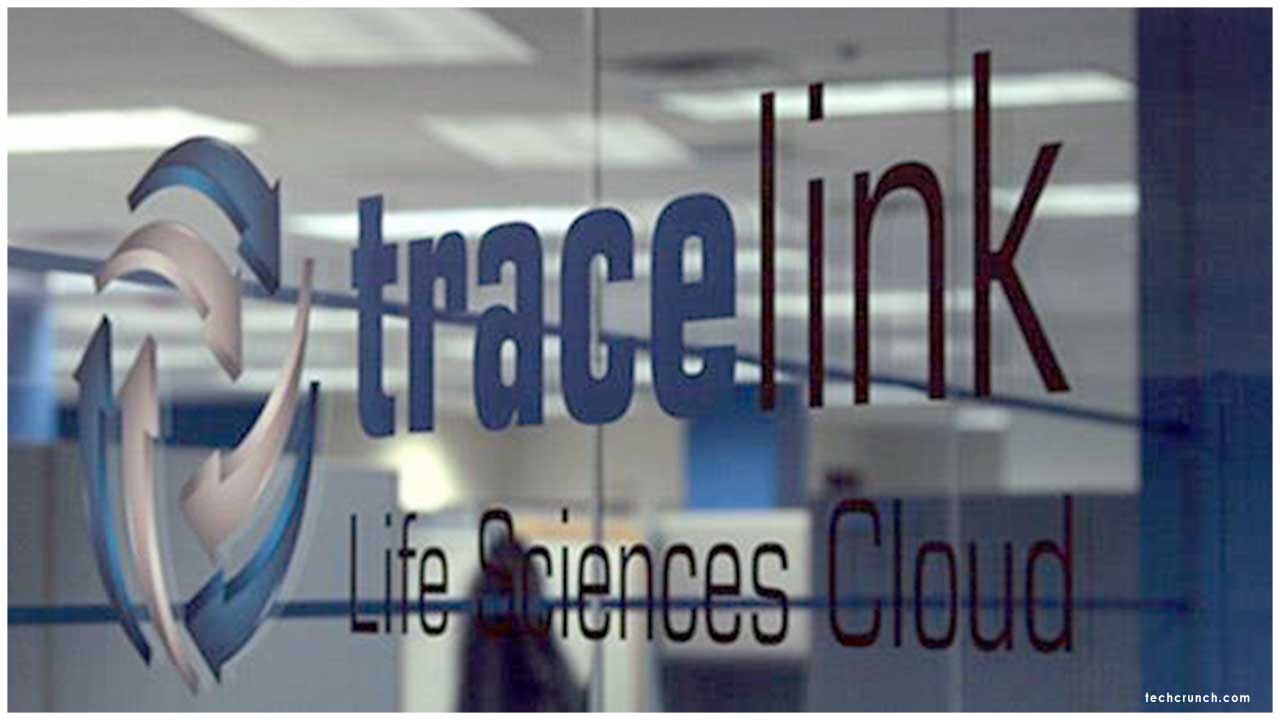TraceLink Inc., the leading digital platform company for the life science supply chain, today announced results from its pilot for the Food and Drug Administration (FDA) Pilot Project Program under the Drug Supply Chain Security Act (DSCSA).
The TraceLink pilot focused on two workstreams: digital recall across a supply network; and an interoperable blockchain network solution. The pilots included 22 participating companies from pharmaceutical manufacturers, wholesale distributors, third-party logistic providers, hospitals and retail pharmacies, including four of Gartner’s Healthcare Supply Chain Top 25 and a recognized supply chain leader in the Gartner Magic Quadrant for Third-Party Logistics Providers.
The pilot employed early-stage technology solutions to address top pharmaceutical supply chain challenges and establish a deep understanding of how technology can really ease those burdens. Both workstreams were designed to create a vision and blueprint for the data, operational processes, business systems, and network connections required to realize DSCSA 2023 compliance and to digitalize pharmaceutical drug recalls.
“The results from our pilot gleaned significant insights that will help solve differently, but equally important challenges that the pharmaceutical industry will continue to face until DSCSA 2023, with both workstreams undoubtedly highlighting the value of a digital network in improving processes and efficiencies within the supply chain,” said Shabbir Dahod, president and CEO of TraceLink. “With the only established end-to-end digital supply network for the industry, TraceLink is in a unique position to help the industry begin acting on some of these pilot findings now. This includes improving processes and allowing better visibility, agility, and collaboration among supply chain stakeholders.”
Product Recalls Workstream: Digital Recalls Across the Supply Network
Every year, drug-related recalls playing a significant role in the hundreds of thousands of preventable patient deaths and hospitalizations from adverse event experiences. In addition, a report published by McKinsey points to these recalls costing the pharmaceutical industry more than $4B+ in direct labour and recall management expenses; and tens of billions of dollars in potential product liability lawsuits, lost drug sales, and brand erosion.
Pilot participants in TraceLink’s digital recall workstream explored ways to solve challenges associated with today’s product recall process, plagued by disjointed systems, manual processes, and long delays in communication between supply chain stakeholders including leveraging TraceLink’s emerging digital recalls network solution
“Participating in the recalls workstream further demonstrated how inefficient the current industry process is in executing product recalls,” said Joe Maki, pilot participant and senior director of pharmacy operations, Novant Health. “The learnings emphasized how a digital recall platform could vastly improve the execution of recalls by eliminating manual, error-prone processes and would also help to better define accountability among supply chain stakeholders with improved collaboration, ultimately reducing the risk to patients by getting recalled product off the market faster.”
The recalls workstream identified a strong opportunity to improve the drug recalls process with the integration of bi-directional communications and digital recall notifications to bolster response times across the execution phase, which would require a collaborative effort among industry stakeholders to create an effective blueprint and roadmap for adoption.

 Lesser drug recalls with DSCSA supply chain
Lesser drug recalls with DSCSA supply chain










.jpeg)








.jpg)




.jpg)




